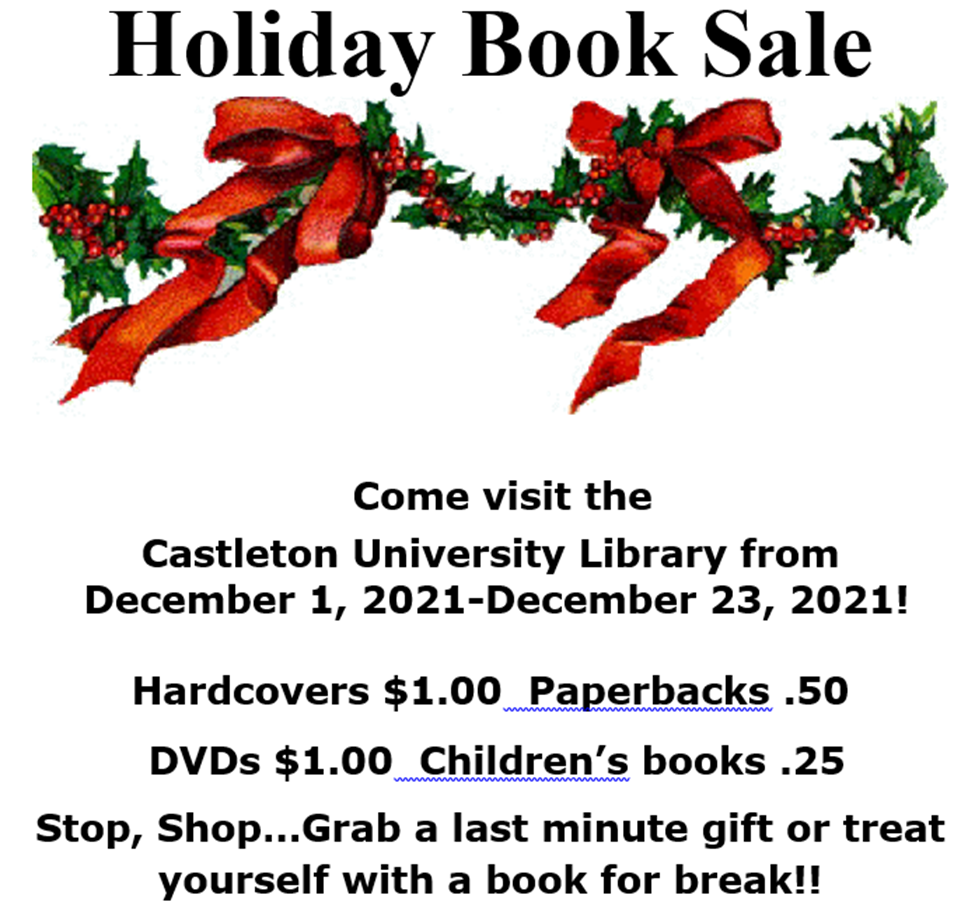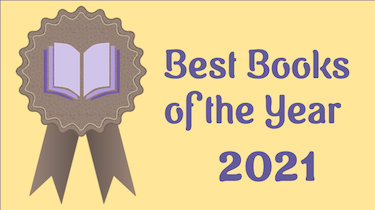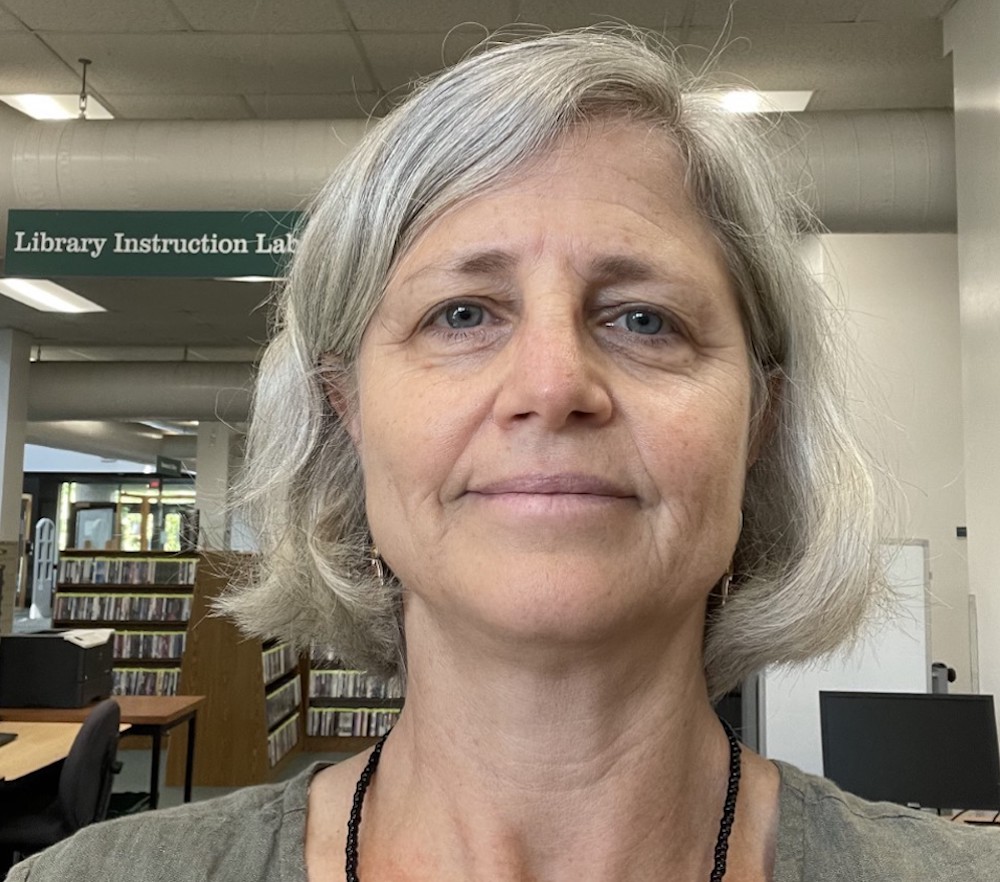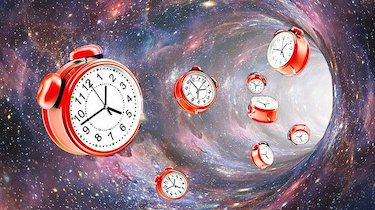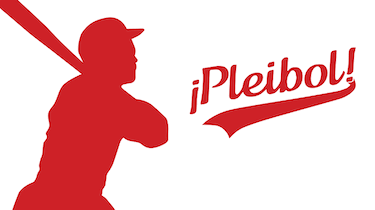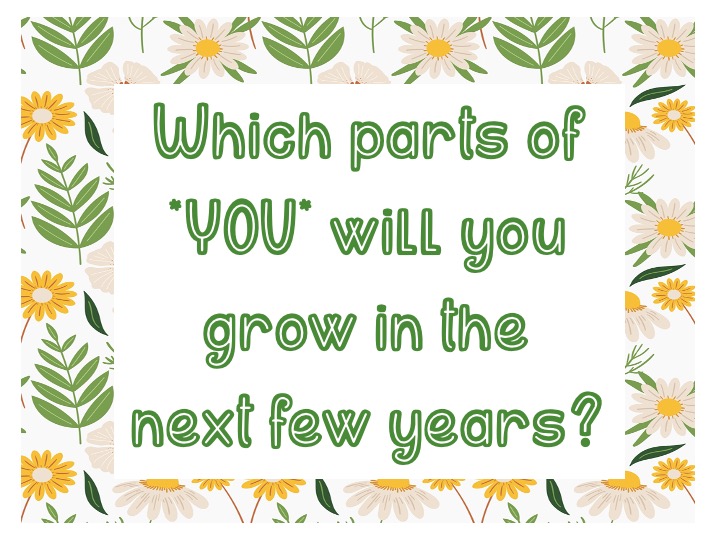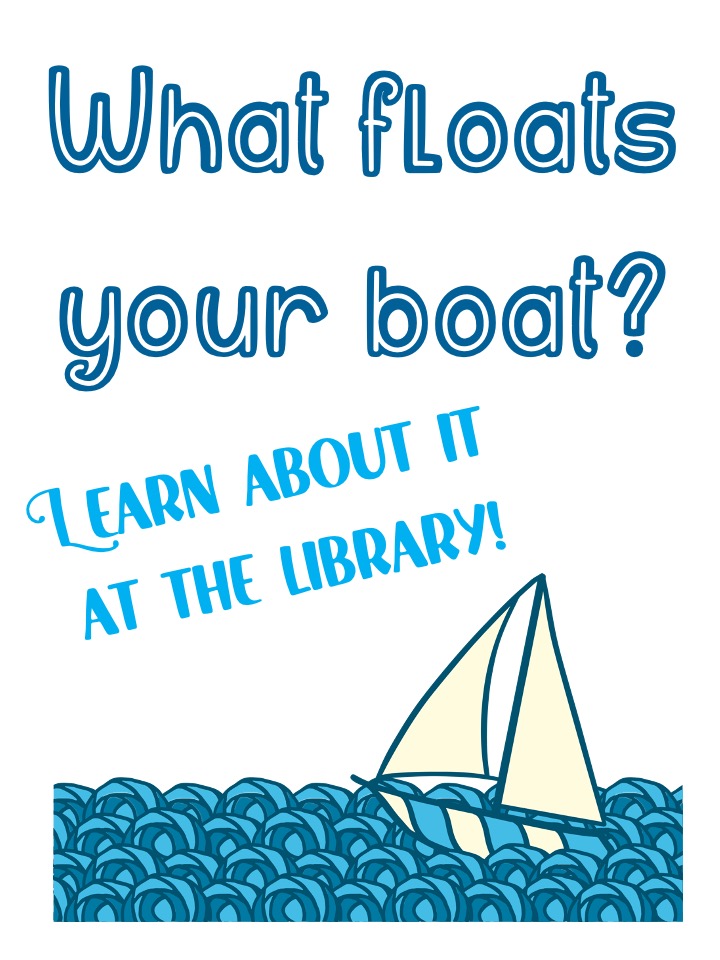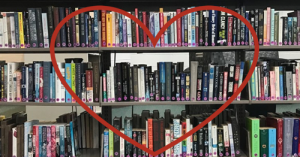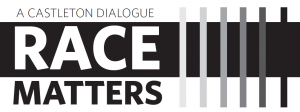Read over break and then come discuss. Multiple copies available for check-out in the library.
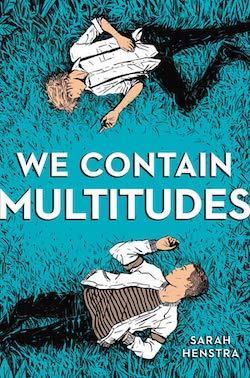
The library and CU’s Peer Advocates for Change invite you to join us in reading the novel We Contain Multitudes by Sarah Henstra. This book was the 2021* selection for Vermont Reads, a program of the Vermont Humanities Council.
Kickoff event
Wednesday Feb. 9, 4:00 pm
Come learn about the book and pick up a copy to readBook discussion gathering
Wednesday Feb. 23, 4:00 pm
Come discuss the book, whether you’ve read all of it, some of it, or just want to learn about it or discuss the issues it raisesBoth events are in the library gallery space, just to the left as you enter the library. Enjoy light refreshments at both events.
From the VHS website:
“Our Vermont Reads choice for 2021 is a novel in letters. It tells the paired stories of two very different teenage boys who are initially reluctant to participate in a pen-pal assignment from their high school English teacher, but ultimately grow well beyond the boundaries of the school project to reveal earth-shattering revelations about themselves and their families.
The novel contains many strands relevant to current community conversations including economic disparities, how veterans return from war, domestic violence, opioid addiction, bullying, and coming out. But lest it sound too heavy, it is also a beautiful story of friendship, poetry, coming of age, and aspiring to move beyond social expectations.”
There is plenty to talk about in this compelling and emotional book!
Ask for the library’s copies at the circulation desk. If the library’s copies are all checked out, please see your public library for a copy.
*The Vermont Reads book for 2022 hasn’t been announced yet.

